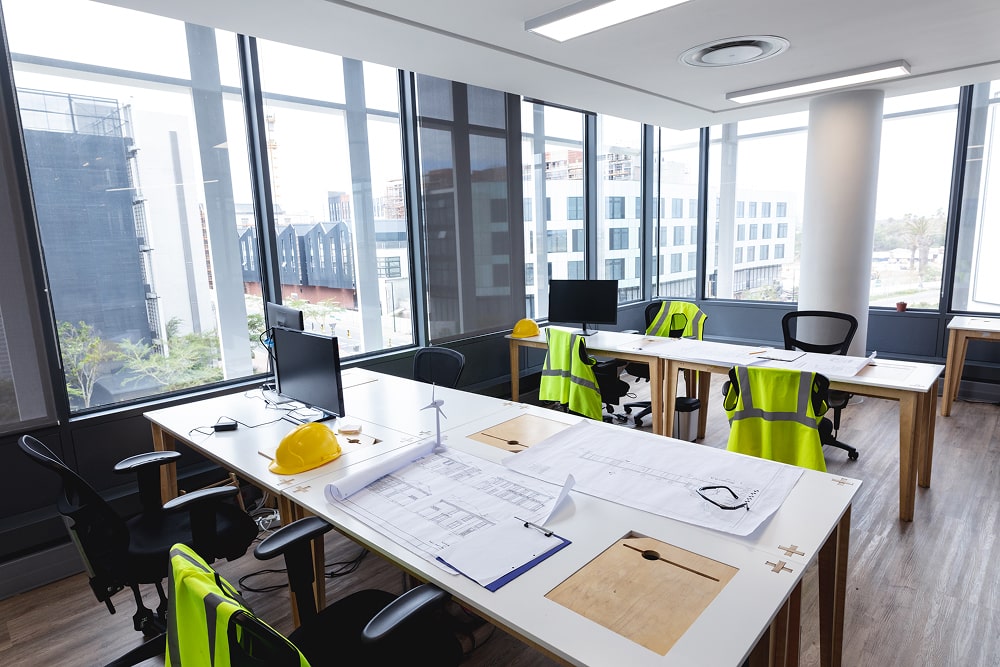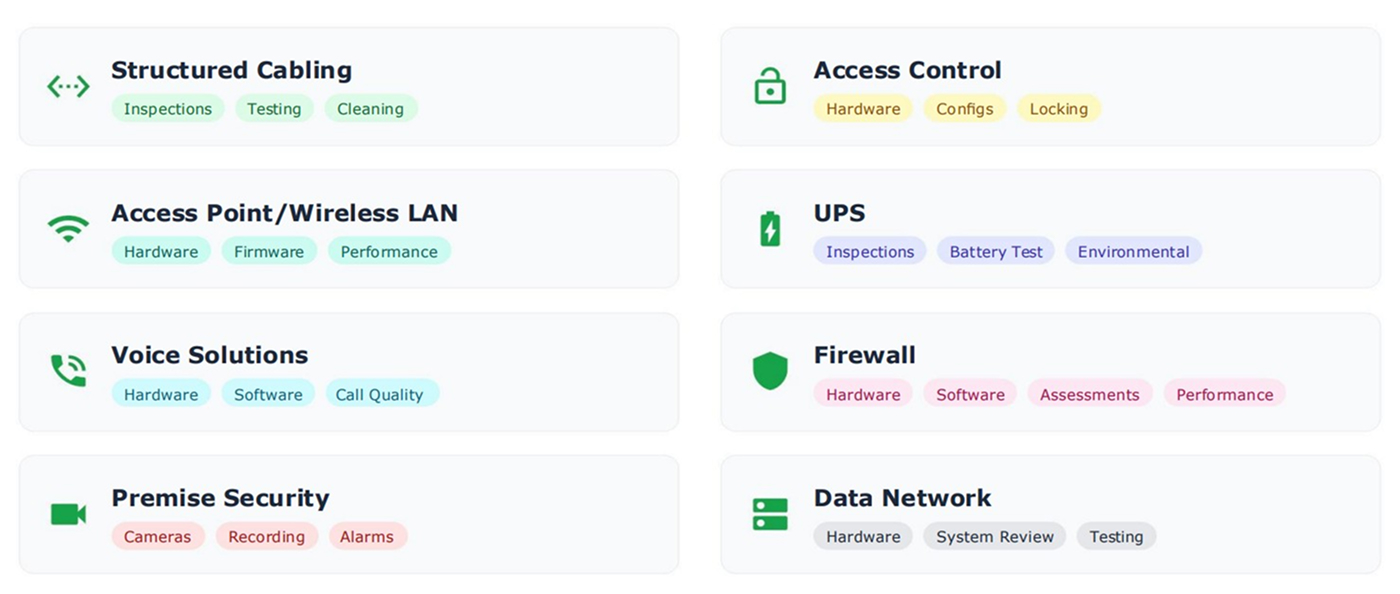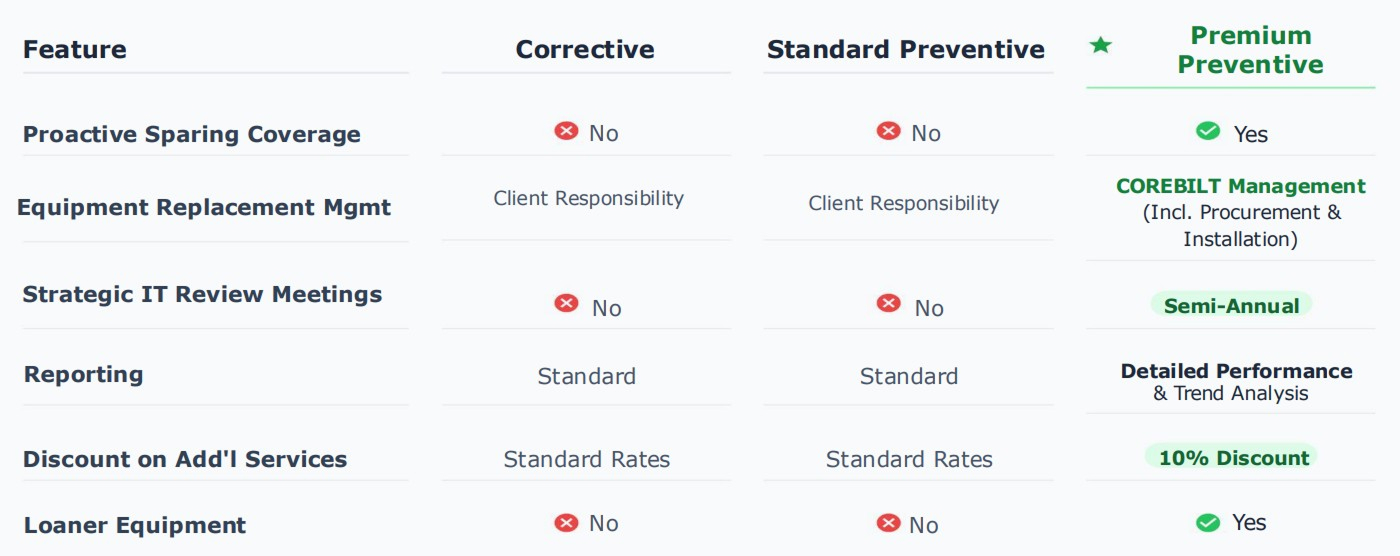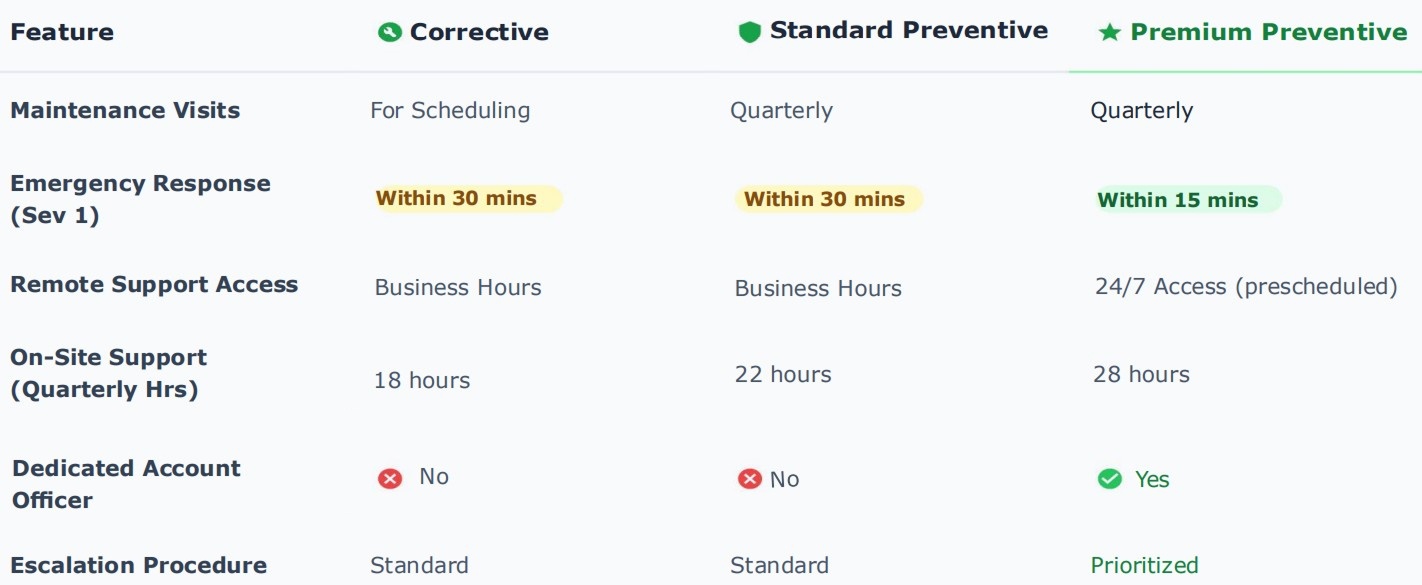Overview
- What Is Smart Construction and Why Does It Matter?
- How Is Smart Construction Transforming Commercial Buildings in the Philippines?
- What Technologies Will Define the Future of Commercial Construction?
- How Are Contractors in Cebu and Other Regions Adapting?
- What Are the Long-Term Benefits for Businesses and Developers?
- Building the Future with Corebilt
What will the future of commercial spaces in the Philippines look like? How are innovations in smart construction transforming how businesses build, design, and maintain their properties? And more importantly, how can Filipino companies adapt to ensure they stay ahead in a rapidly modernizing industry?
As technology continues to evolve, the construction sector is witnessing a major shift. By 2026, smart construction will no longer be a distant concept. It will become the standard that defines efficiency, safety, and sustainability in every project. From AI-driven design to digital monitoring systems, the next generation of construction services is changing the way developers and contractors approach commercial construction.
What Is Smart Construction and Why Does It Matter?
Smart construction refers to the integration of advanced technologies such as artificial intelligence (AI), Building Information Modeling (BIM), and the Internet of Things (IoT) into traditional building practices. It focuses on improving accuracy, sustainability, and efficiency at every stage of a project.
In the Philippines, where rapid urbanization and infrastructure growth are constant, this modern approach is increasingly becoming essential. Developers are no longer just looking for speed; they are demanding precision, energy efficiency, and long-term value. Through smart solutions, construction services are now capable of producing structures that are not only functional but also responsive to their environment and the people who use them.
How Is Smart Construction Transforming Commercial Buildings in the Philippines?
Commercial construction is one of the main beneficiaries of smart technologies. Developers are leveraging intelligent systems to create adaptive buildings that can optimize energy use, improve security, and even predict maintenance needs.
For example, automated lighting and ventilation systems help reduce operational costs, while integrated digital sensors provide real-time data to monitor energy efficiency and occupancy. These innovations make it easier for businesses to maintain comfortable and sustainable environments for employees and clients alike.
Moreover, smart construction practices promote collaboration across project teams. Through digital modeling and shared cloud platforms, architects, engineers, and contractors can streamline workflows, minimize errors, and enhance project delivery timelines.
What Technologies Will Define the Future of Commercial Construction?
By 2026, several key technologies are expected to define the future of commercial construction in the Philippines:
- Building Information Modeling (BIM): A digital representation of the building’s physical and functional characteristics, allowing better coordination and visualization.
- Internet of Things (IoT): Smart sensors that provide real-time data for energy management, occupancy tracking, and equipment monitoring.
- Artificial Intelligence (AI): Predictive analytics that help in project planning, risk management, and decision-making.
- Prefabrication and Modular Construction: Prefabricated components built off-site to improve efficiency and reduce waste.
- Drones and Robotics: Used for site inspections, surveying, and automating repetitive construction tasks.
These advancements not only make construction more efficient but also enhance safety and reduce human error, which is crucial for complex commercial projects.
How Are Contractors in Cebu and Other Regions Adapting?
The rise of smart construction has encouraged many contractors in Cebu and across the Philippines to modernize their methods. Local construction firms are investing in digital tools and workforce training to stay competitive.
Cebu, a fast-growing business hub outside Metro Manila, has become a testing ground for innovative construction services. As more investors turn their attention to the Visayas region, the demand for smart commercial spaces such as business parks, retail centers, and mixed-use developments continues to grow.
Contractors in Cebu and other key cities are adopting integrated project management systems, digital design software, and sustainable materials to meet evolving market expectations. This shift not only enhances project outcomes but also positions the Philippines as a forward-thinking player in the regional construction landscape.
What Are the Long-Term Benefits for Businesses and Developers?
The advantages of smart construction extend well beyond the build phase. For developers, it means reduced costs, fewer delays, and greater accuracy in project execution. For business owners, it means having spaces that are adaptable, energy-efficient, and aligned with sustainability goals.
In addition, smart commercial construction allows for better space utilization and improved asset management. As more commercial properties adopt these technologies, businesses gain the ability to collect valuable data that informs decision-making, whether it’s optimizing facility operations or planning future expansions.
Ultimately, smart construction supports the Philippines’ broader vision for sustainable urban development. By 2026, commercial buildings designed through this approach will not only be smarter but also more resilient and future-ready.
Building the Future with Corebilt
The future of Philippine commercial spaces is being built today, and it starts with choosing the right contractor. As a trusted name in the industry, Corebilt combines expertise, innovation, and precision to deliver spaces that reflect the evolving needs of modern businesses.
From planning to completion, our construction services are guided by technology and craftsmanship to ensure every project stands the test of time.
Partner with Corebilt, where we build smarter, stronger, and better. For project inquiries, contact us at bd@corebilt.ph.





